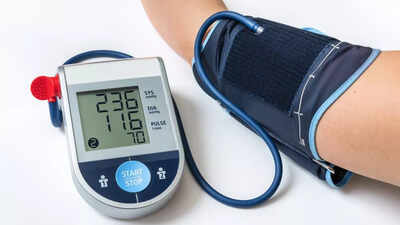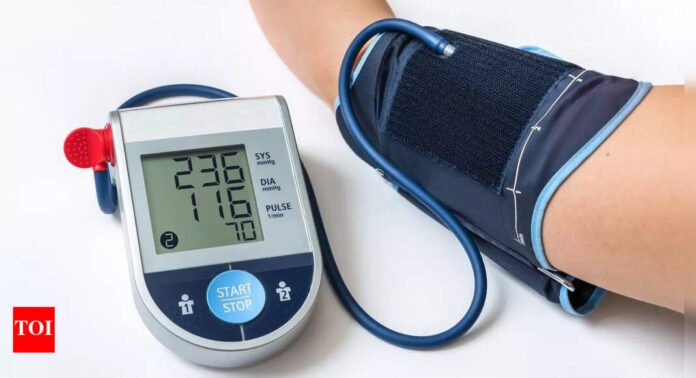Lower Blood Pressure Naturally with Beetroot Juice

Lower blood pressure naturally using this common kitchen ingredient
High blood pressure, or hypertension, affects over a billion people worldwide. It’s often called the “silent killer” because it usually has no clear symptoms. Yet, it slowly increases the risk of heart attacks, strokes, and other serious health issues.
Medications and lifestyle changes are key to controlling blood pressure. But did you know that beetroot juice can also help? Recent studies and medical experts highlight its natural benefits.
Why Beetroot Juice Helps Lower Blood Pressure
Beetroot juice is rich in nitrates. When you drink it, your body converts these nitrates into nitric oxide. This helps relax and widen your blood vessels, improving blood flow and lowering blood pressure.
A 2021 review in Nutrients found that drinking beetroot juice can significantly reduce blood pressure. This effect was seen in both healthy people and those with hypertension. The benefits can start within hours and last up to 24 hours with regular intake.
Nutrients in Beetroot Juice
Beetroot juice is packed with essential nutrients:
- Potassium: Balances sodium levels to regulate blood pressure.
- Magnesium: Supports heart function and healthy blood vessels.
- Iron: Helps red blood cells carry oxygen.
- Vitamin C and Folate: Provide antioxidants and support metabolism.
- Nitrates: Help widen blood vessels and control blood pressure.
An 8-ounce serving of beetroot juice contains:
- 110 calories
- 442 mg of potassium (13% of daily needs)
- 0.9 mg of iron
- 20 grams of natural sugars
- 0 grams of fat
What Experts Say
Dr. Saurabh Sethi, a well-known gastroenterologist, calls beetroot juice “one of the most effective beverages for people with high blood pressure.” Research from Queen Mary University of London found that drinking 250 ml of beetroot juice daily can lower blood pressure by an average of 8 mmHg systolic and 4 mmHg diastolic.
The American Heart Association notes that even small reductions in blood pressure can greatly benefit public health. These benefits include a 10% lower risk of stroke and a 7% reduction in heart disease mortality.
Other Benefits of Beetroot Juice
Beetroot juice is also popular among athletes. It improves blood flow and oxygen delivery, enhancing stamina and recovery. A 2020 study in the Journal of Applied Physiology found that beetroot juice can boost endurance by up to 16% during high-intensity training.
Additionally, its antioxidants support immune function, reduce oxidative stress, and may protect the liver and brain.
Things to Consider
While beetroot juice is natural and generally safe, it’s not a replacement for prescribed blood pressure medications. Here are some important points:
- Beeturia: Drinking beet juice can turn your urine red or pink. This is harmless.
- Kidney Stones: Beets contain oxalates, which may contribute to kidney stones in some people.
- Blood Sugar: Beet juice is high in natural sugars. People with diabetes should monitor their intake.
- Medication Interaction: If you take blood pressure medications or nitrates for chest pain, consult your doctor before drinking beet juice regularly.
How to Add Beetroot Juice to Your Diet
To enjoy the benefits of beetroot juice:
- Start with half a glass per day and see how your body responds.
- Choose fresh, cold-pressed beetroot juice with no added sugars or preservatives.
- Drink it on an empty stomach in the morning or 1–2 hours before a workout.
- Pair it with a balanced diet rich in whole grains, fruits, leafy greens, and lean proteins.
Dr. Sethi recommends including beetroot juice as part of a comprehensive plan to manage blood pressure. This plan should include:
- Regular physical activity
- A low-sodium, high-potassium diet
- Stress reduction techniques like yoga or mindfulness
- Maintaining a healthy weight
- A consistent sleep schedule



